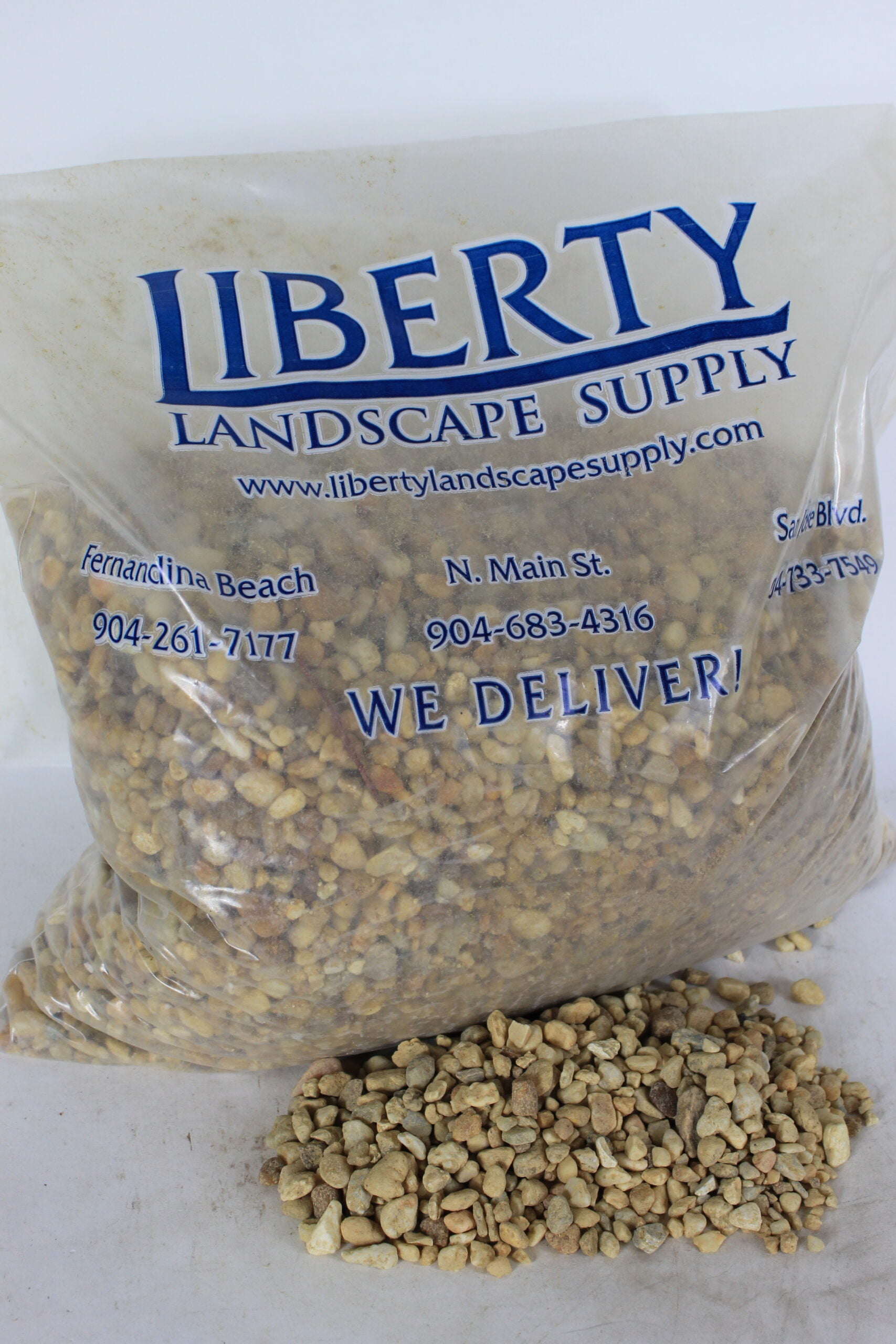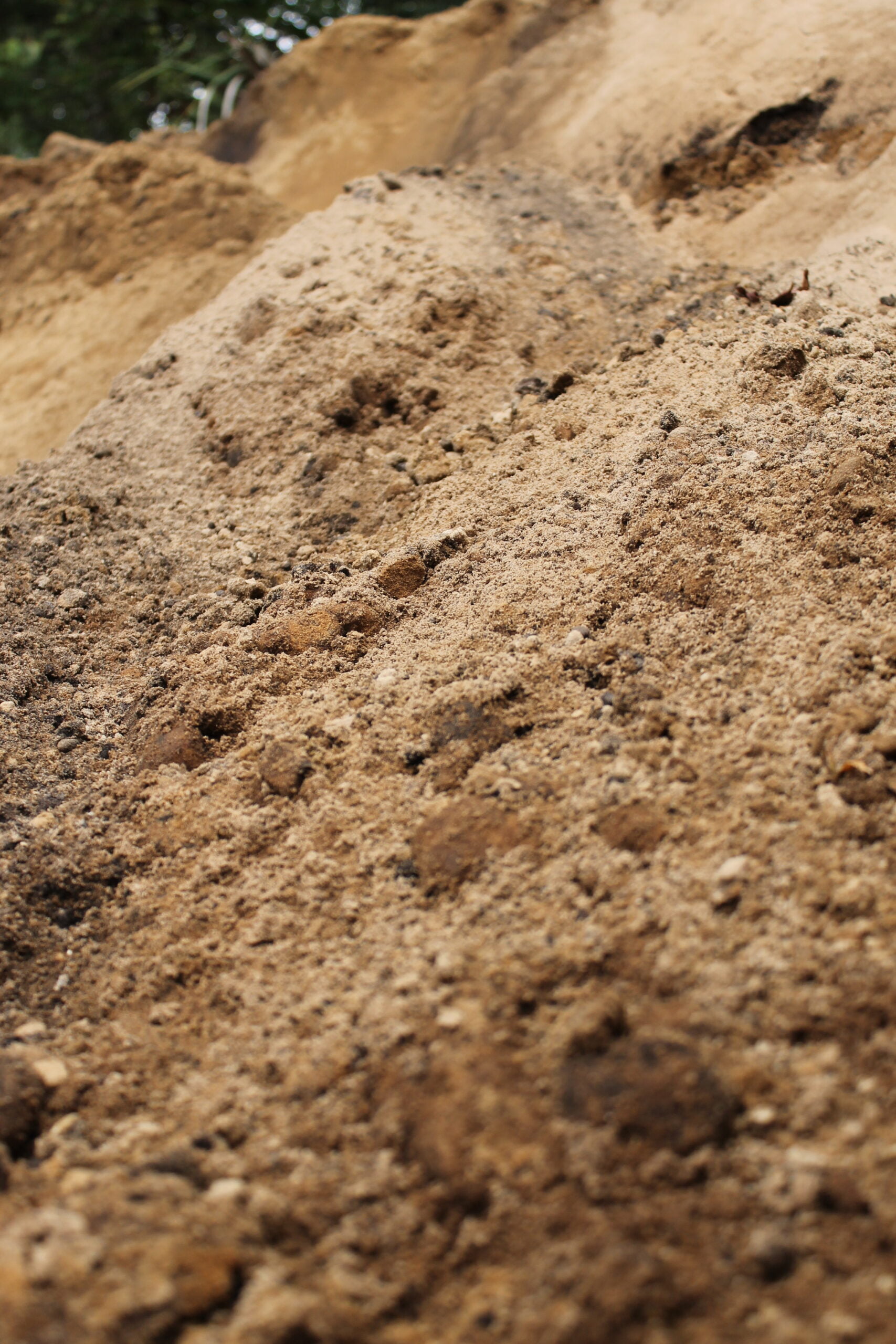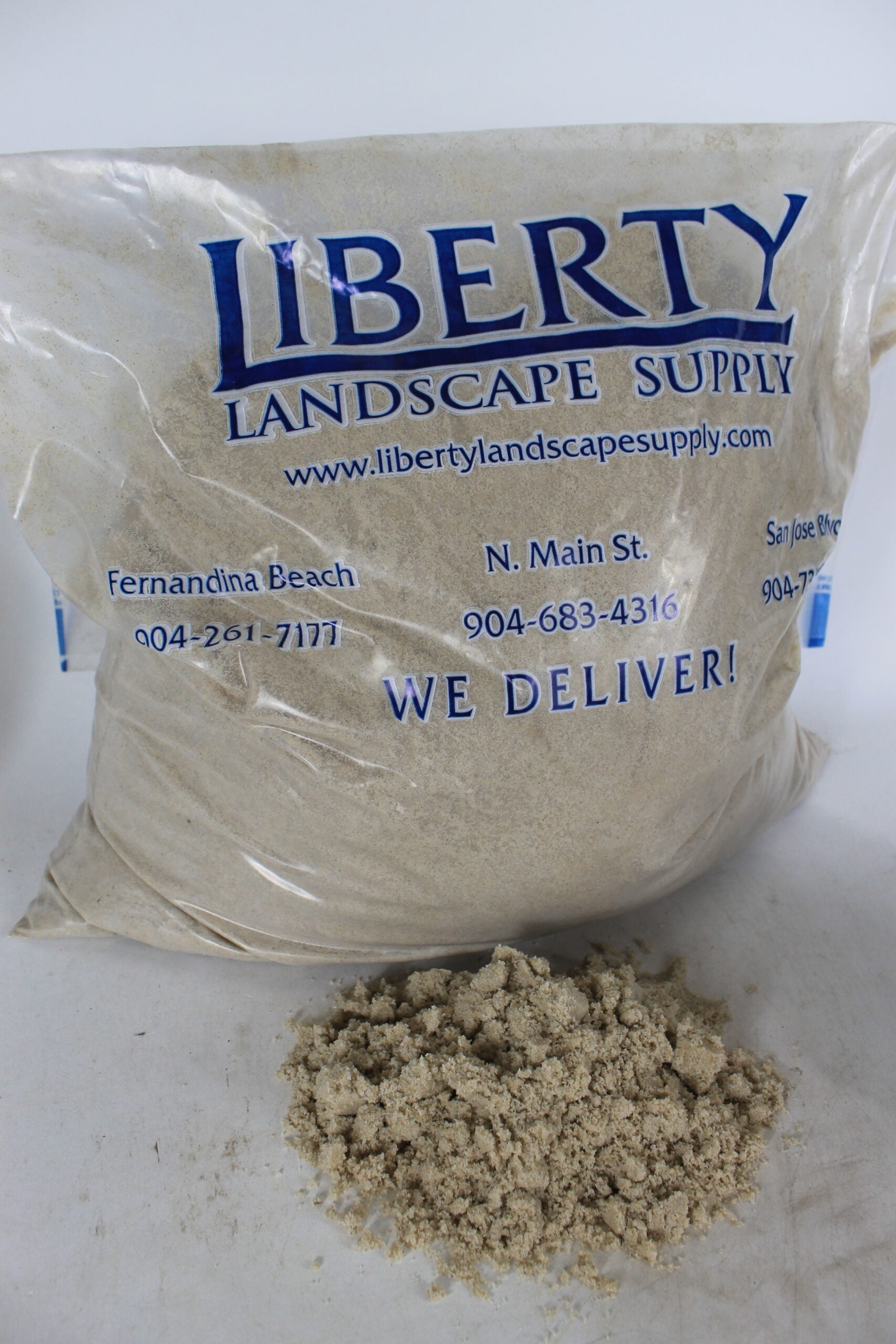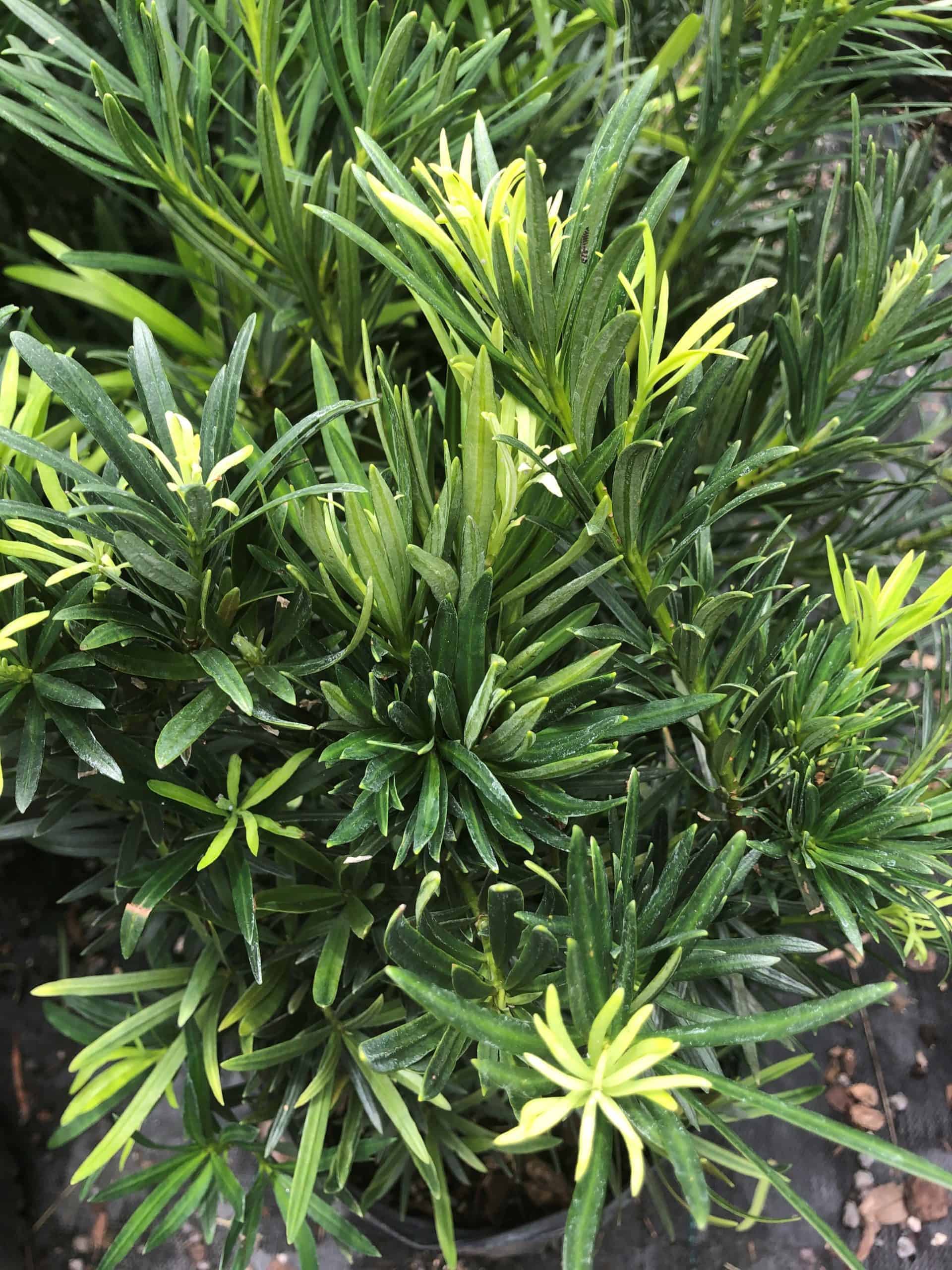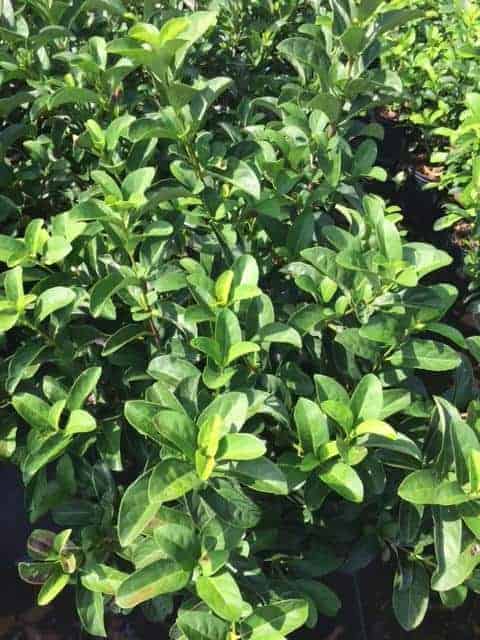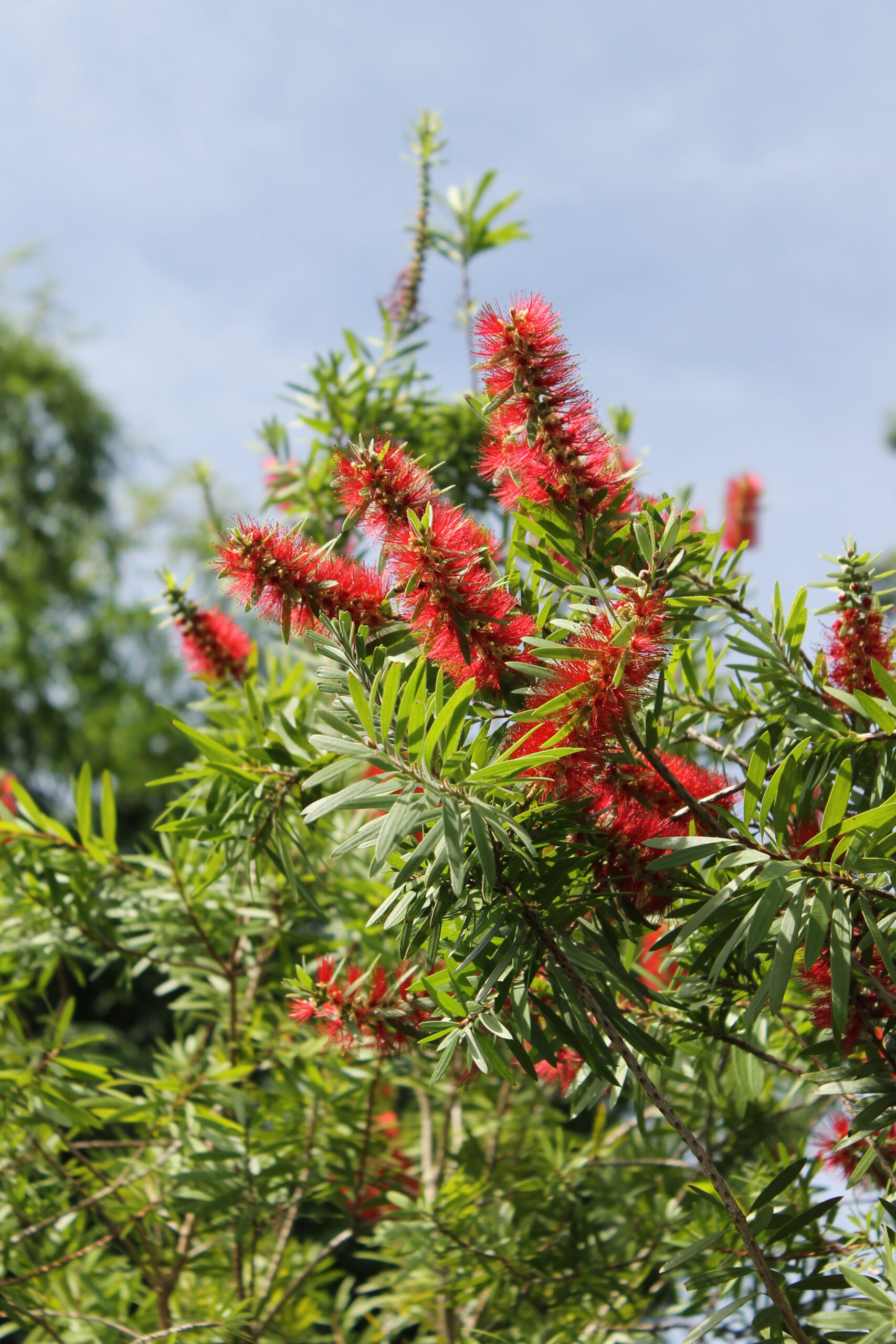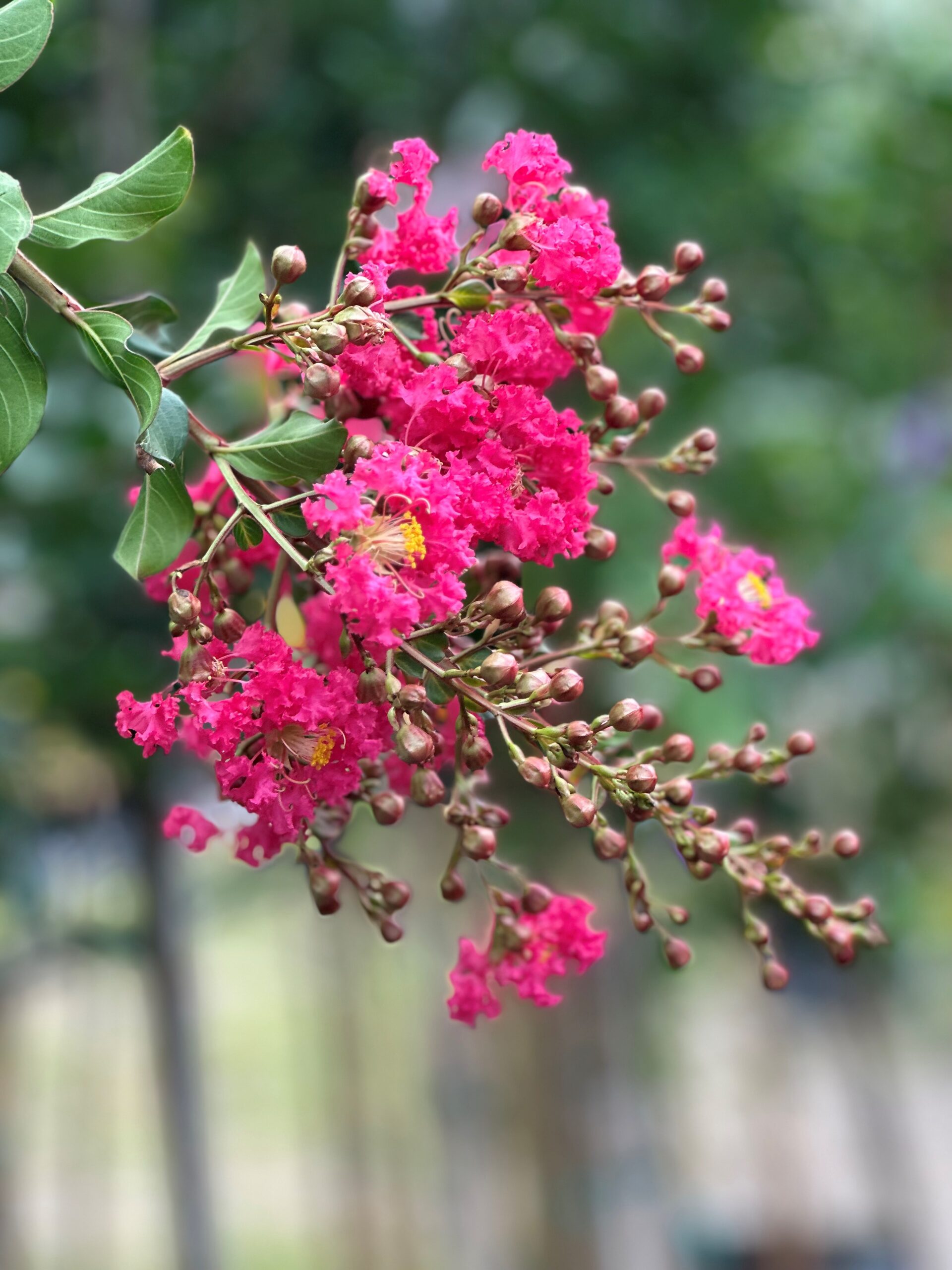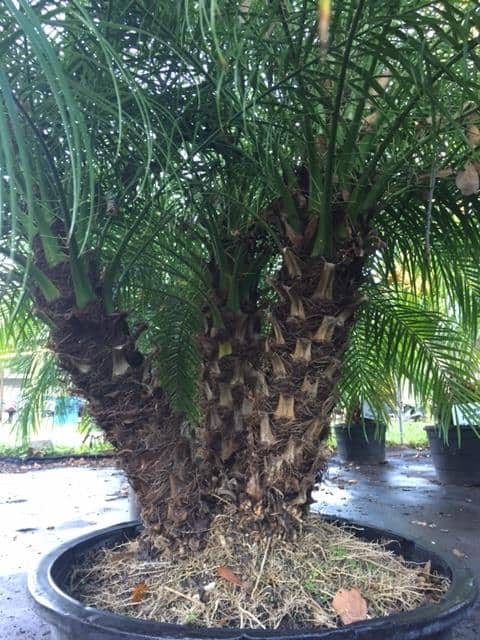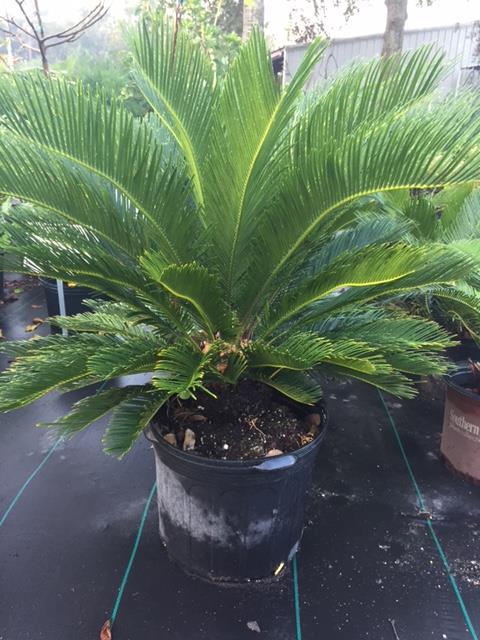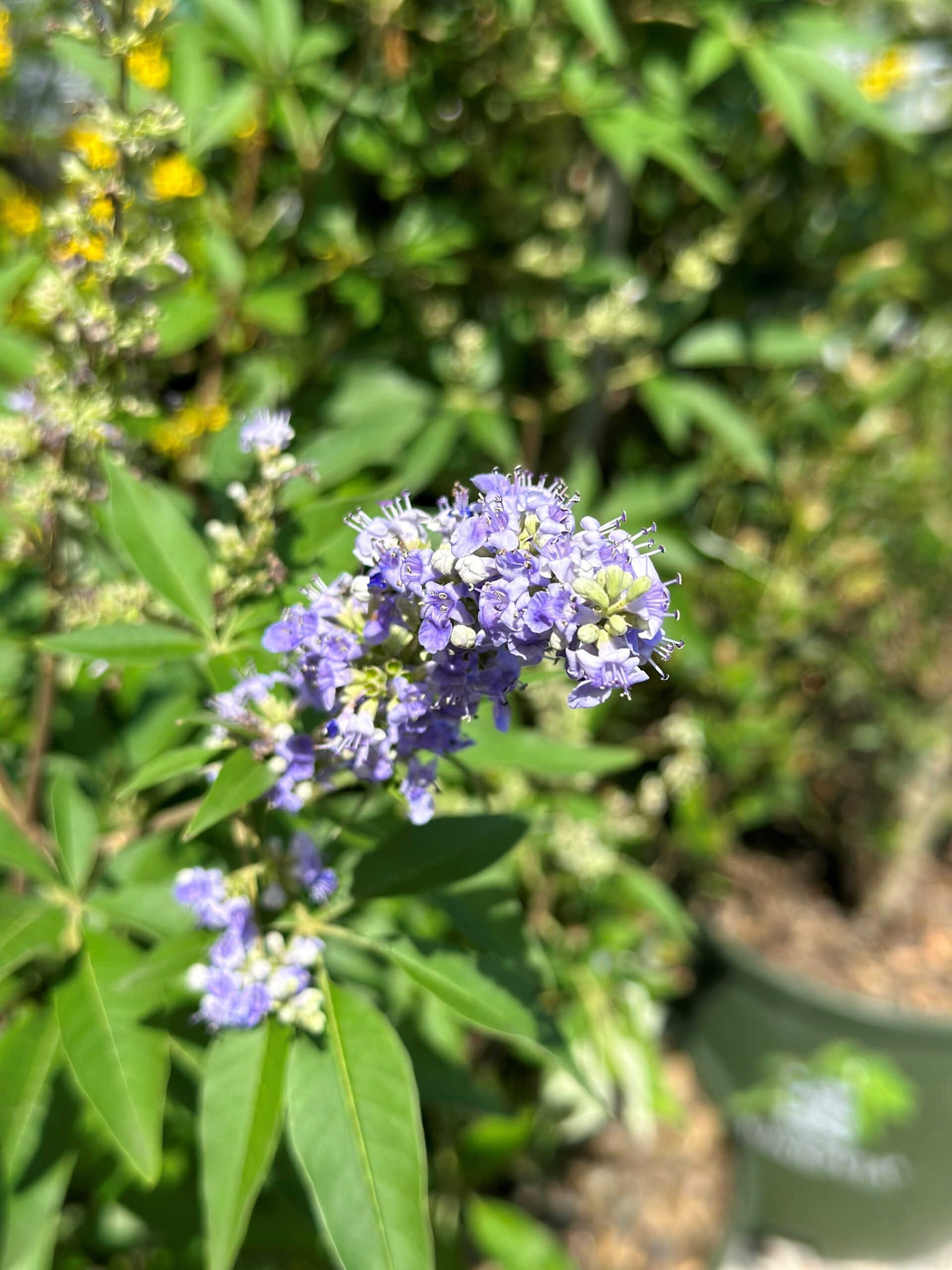You might be an avid gardener, or you might just be starting out, but understanding how to use fertilizers correctly is crucial for the health of your plants or garden. Fertilizers provide essential nutrients that plants need for growth. We will be exploring the basics of fertilizers so you can have optimal growth in your garden.
First, it is important to understand what fertilizers are. They provide plants with the essential nutrients they need. The micronutrients that they acquire are nitrogen (N), phosphorus (P), and potassium (K). Not only do fertilizers have the primary nutrients, but they also contain calcium, magnesium and sulfur which help plants grow to their utmost potential.
There are multiple types of fertilizers to choose from. These include granular fertilizers, liquid fertilizers, and organic fertilizers. Granular fertilizers are usually sprinkled onto the soil and then watered in to give the soil the nutrients it needs. Liquid fertilizers are already mixed with water and applied directly onto the soil. Organic fertilizers are made from compost, manure, or plant matter. Organic fertilizers help the soil by improving the structure and microbial activity. Lastly, there are foliar fertilizers which can be sprayed onto the plant. Plants have pores which help the foliar fertilizers absorb into the plant.
There are some tips on knowing how to use your fertilizers correctly. Knowing what your plant needs is one of the main things to know. Different plants have varying nutrient requirements at various stages of growth. It is important to follow the application instructions and to apply the fertilizers at the right time. Having a fertilizing schedule can be beneficial to your plant’s growth process. You want to make sure you aren’t over fertilizing your plants. This can do more harm than good. Make sure to water your plants after applying fertilizer to help dissolve the nutrients and carry them down to the root zone. Rotating fertilizers help prevent nutrient imbalance and build soil fertility. You can do this by alternating between organic and synthetic options.
In conclusion, using fertilizers correctly is essential for promoting healthy plant growth. By understanding the basics of fertilizers and following the tips that were given, you can make sure that your plants are getting the nutrients they need. With proper care and attention, you’ll be rewarded with beautiful blooms and thriving plants.
-
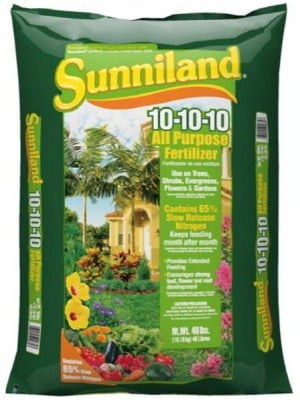 All Purpse Fertilizer 10-10-10$29.99
All Purpse Fertilizer 10-10-10$29.99 -
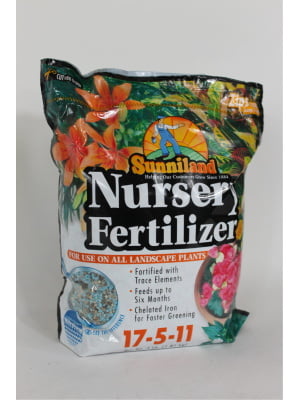 Nursery Fertilizer 17-5-11$6.99 – $49.99
Nursery Fertilizer 17-5-11$6.99 – $49.99 -
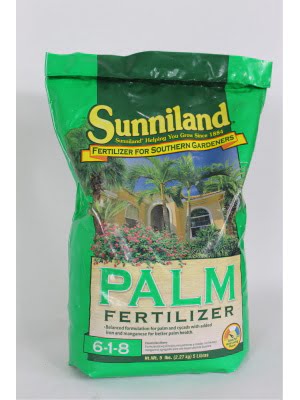 Palm Fertilizer 6-1-8$6.99 – $7.99
Palm Fertilizer 6-1-8$6.99 – $7.99 -
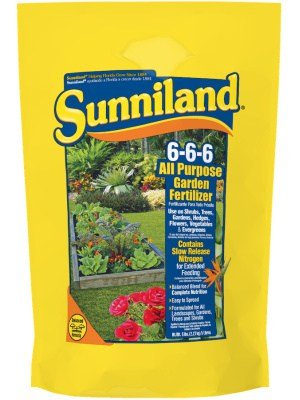 All Purpose Fertilizer 6-6-6$7.99 – $30.00
All Purpose Fertilizer 6-6-6$7.99 – $30.00 -
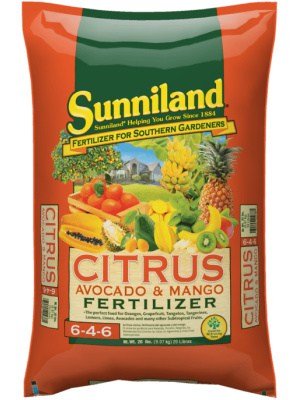 Citrus Fertilizer 6-4-6$5.99 – $10.99
Citrus Fertilizer 6-4-6$5.99 – $10.99 -
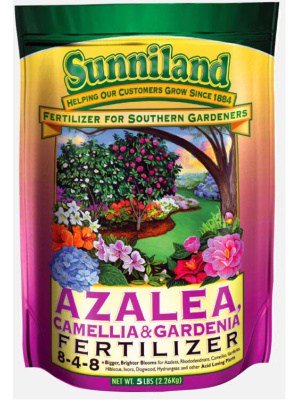 Azalea, Camellia & Gardenia Fertilizer$7.99 – $10.99
Azalea, Camellia & Gardenia Fertilizer$7.99 – $10.99

